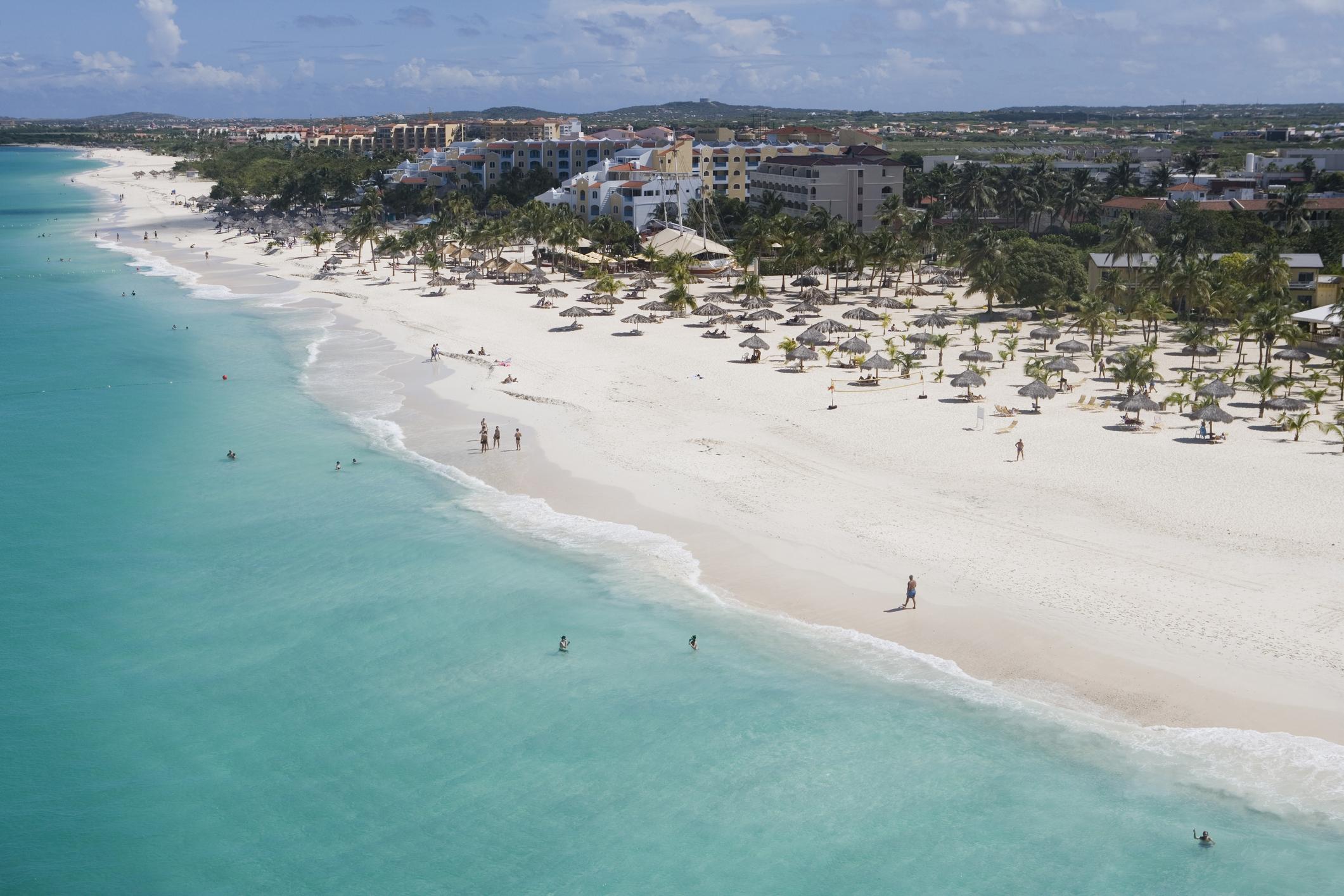
KLM has declared that its network to the Caribbean and South America has regained its old strength now that the carrier is serving 17 destinations this summer—the same number as summer 2019, before the pandemic took hold.
KLM said from its hub at Amsterdam Schipol (AMS) it will add new destinations to its winter 2021 schedule. Port of Spain (POS) in Trinidad & Tobago and Bridgetown (BGI), Barbados are both set to join its network.
“It’s great news that our network in the Caribbean region and South America has as good as returned to its previous strength. We’re currently operating our entire global network at 60% capacity with 40% of the passengers,” KLM President and CEO Pieter Elbers said.
Yet only essential travel is currently permitted to many countries in the Caribbean and South America, with considerable travel restrictions remaining in place. Mandatory quarantines are also required for travelers arriving in some countries.
With travel rules still very changeable, KLM’s services to Fortaleza, Brazil (FOR) and Havana (HAV) are temporarily suspended amid the pandemic. But the carrier has added summer service to Costa Rican destinations San José (SJO) and Liberia (LIR), which it previously only flew to in the winter season.
During the high season, KLM is now able to operate 24 flights a week to Dutch Antilles islands Aruba (AUA), Bonaire (BON) and Curaçao (CUR)—an increase on the 17 flights a week the carrier was flying pre-pandemic in 2019.
“The next step will be to expand capacity and, as soon as the situation allows, of course, to welcome more passengers aboard our flights,” Elbers added.
The SkyTeam alliance member emphasized that its global network of destinations is at the heart of its strategy to emerge from the pandemic stronger and more competitive. KLM has tried to maintain its network as much as it could since the start of the pandemic, enabling customers to make essential journeys and facilitating the transportation of cargo, such as medical supplies, to continue. This strategy should enable KLM to scale up frequencies and capacity more easily as further rules are relaxed.
Photo credit: Holger Leue / Getty Images
